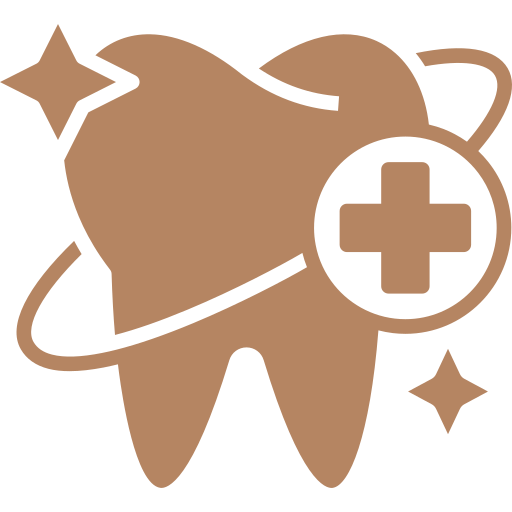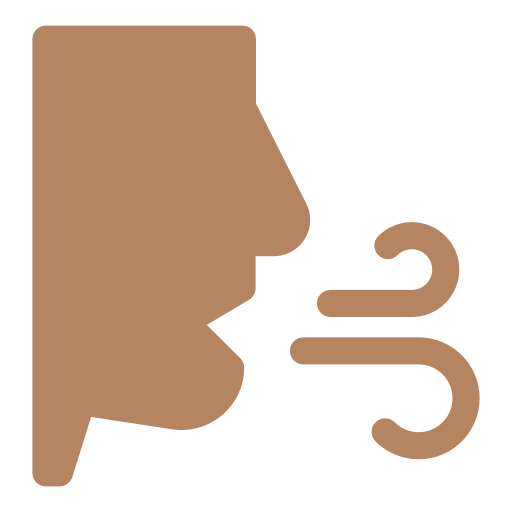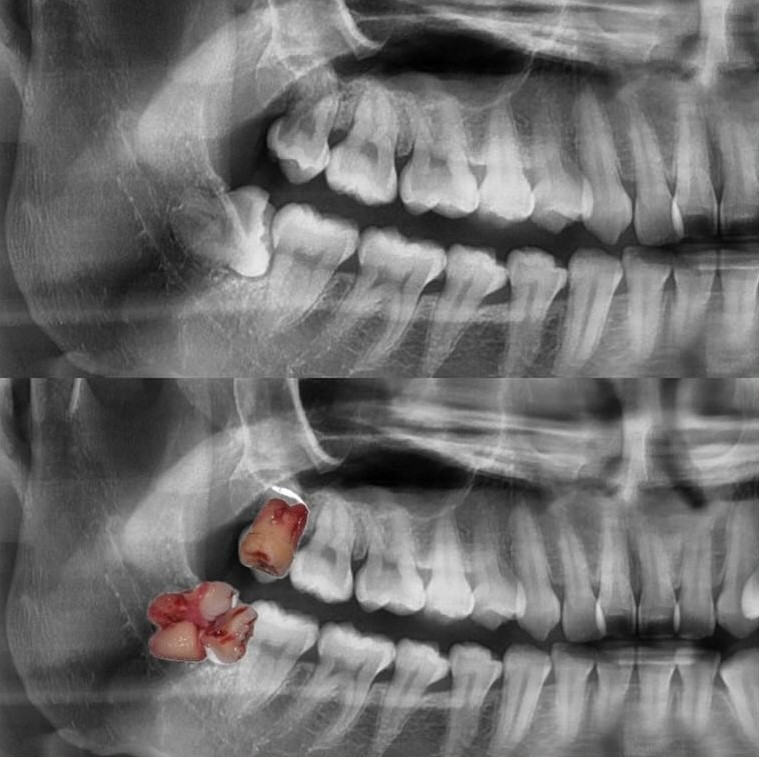Wisdom tooth removal, also called third molar extraction, is a surgical treatment performed under local anesthesia which includes the removal of badly decayed or broken teeth, retained or buried roots, impacted wisdom teeth, and cysts to prevent further harm to oral health or to pave the way for orthodontic treatments.
In Malaysia, skilled dentists and oral surgeons perform this procedure to relieve discomfort and prevent future dental issues.

The emergence of wisdom teeth can lead to the weakening and even loosening of the roots of nearby teeth, making neighboring teeth susceptible to cavities and bone loss.

Wisdom teeth pose challenges for thorough cleaning and maintenance, increasing the risk of gum inflammation and infections, leading to significant oral health issues.

When food becomes trapped between the wisdom tooth and its neighboring tooth, it can create an environment where bacteria thrive, resulting in increased cavity formation and bad breath.

Impacted wisdom teeth may cause the formation of small tumors or cysts in the jawbone, potentially resulting in significant jaw joint pain.

Swollen gums, Difficulty opening jaw & mouth, Bad breath, Ache around the ear and neck area. Living with pain or discomfort from your teeth is often unbearable, it disrupts your daily life and makes it hard to enjoy almost anything.
Getting your wisdom teeth removed can help to alleviate a lot of that pain if that’s the root of the problem. Make an appointment now.
While discomfort can occur during and after the procedure, local anesthesia and sedation options are used to minimize pain. Post-surgery, pain medications are provided to manage any discomfort.
Following wisdom teeth removal, you may experience mild discomfort, slight bleeding, and swelling. You may also find it difficult to open your jaw and mouth. Your dentist will provide instructions for managing these side effects to alleviate any discomfort.
Patients typically recover from wisdom tooth surgery within 3-5 days, though individual experiences may vary. To ensure a smooth healing process, it’s essential to adhere to the post-operative instructions provided following the surgery.
The optimal age for wisdom teeth removal varies, but it is typically recommended in the late teens to early twenties, before the roots are fully formed and complications arise.
Your dentist or oral surgeon will provide specific instructions, which may include fasting before surgery and arranging for someone to drive you home afterward. It’s important to follow these guidelines closely.
No. Alcohol should be avoided for at least the first 24 hours after surgery. Alcohol will hinder the healing process on the extraction site and increase risk of infection.
